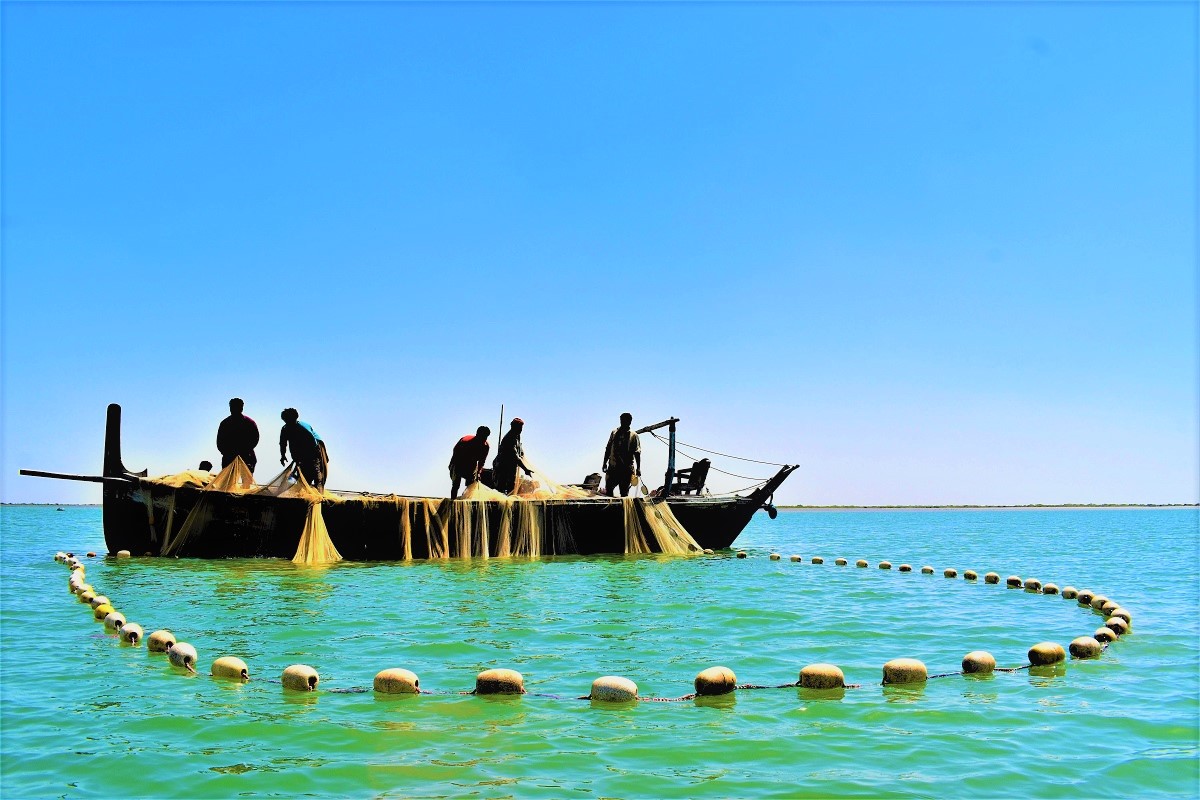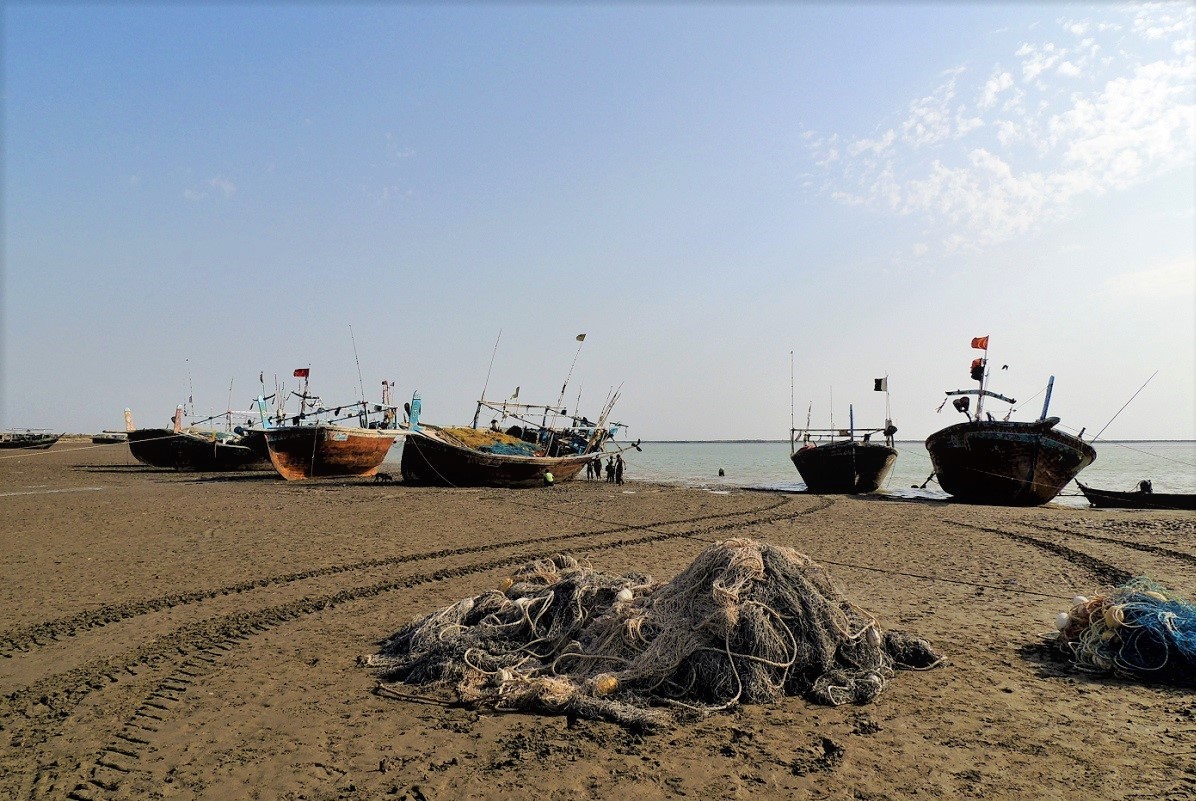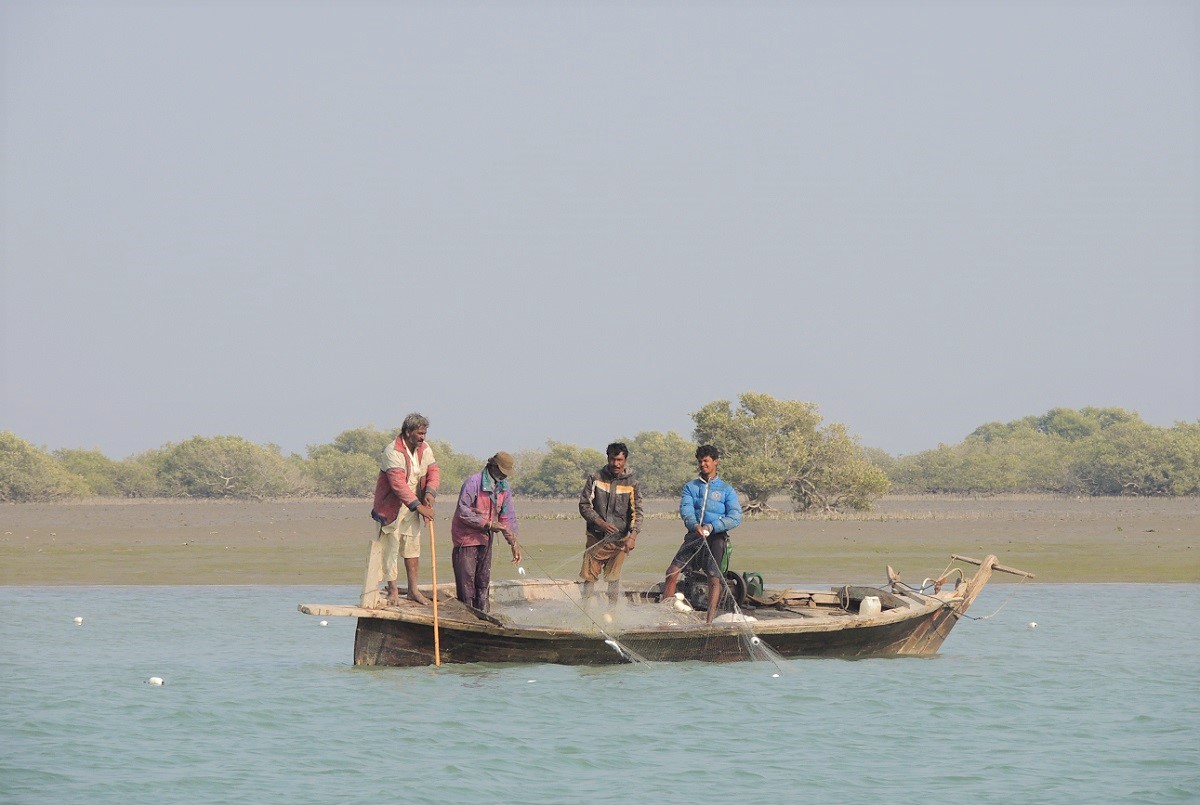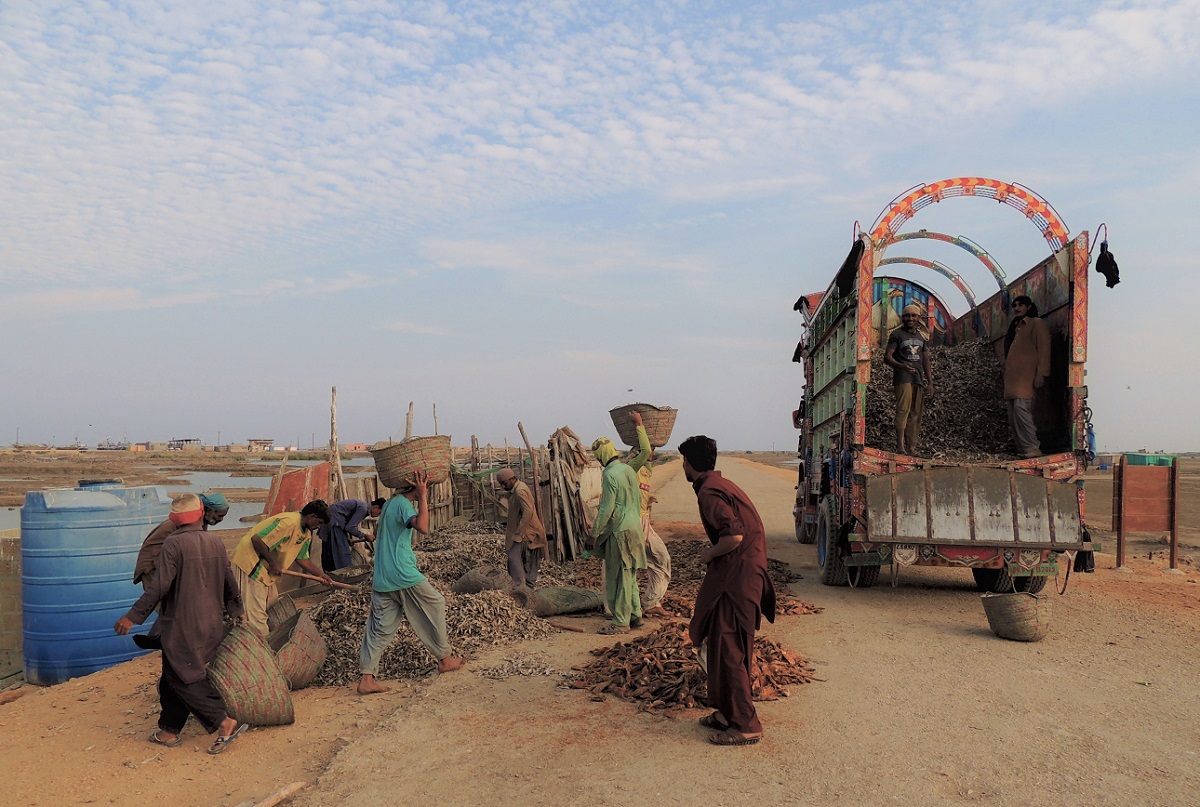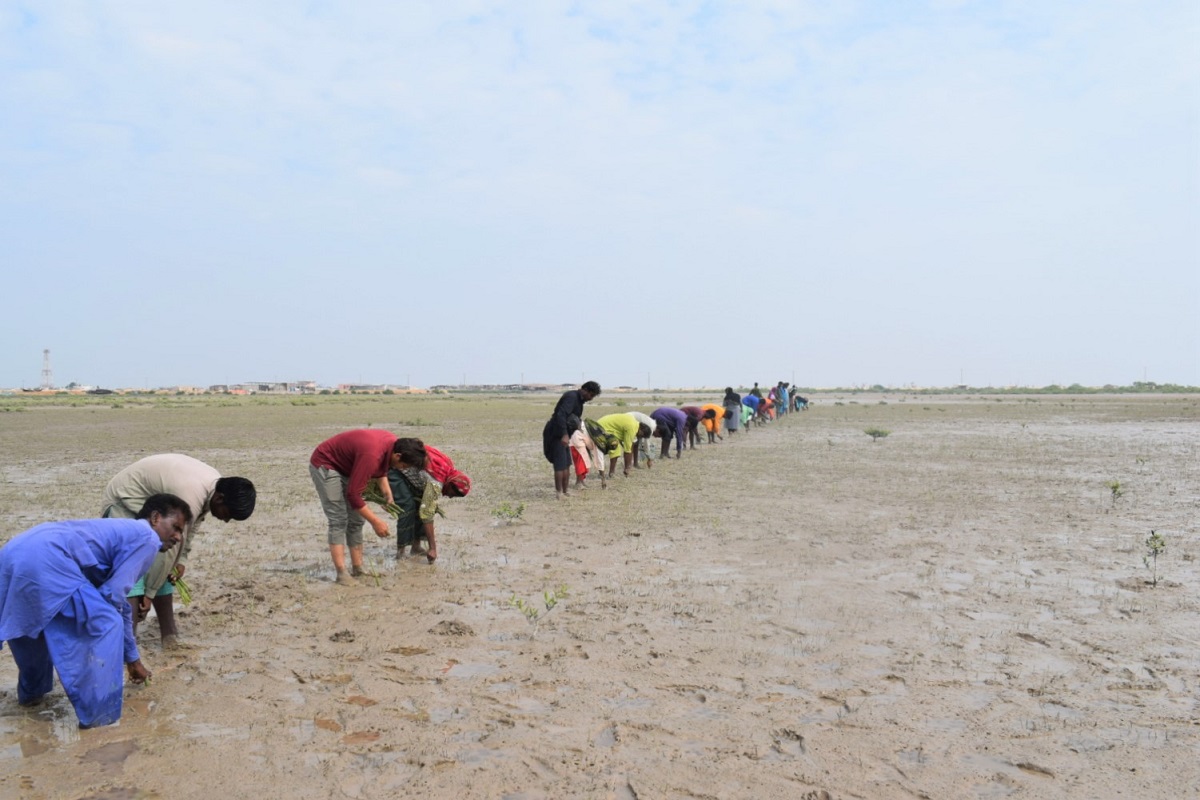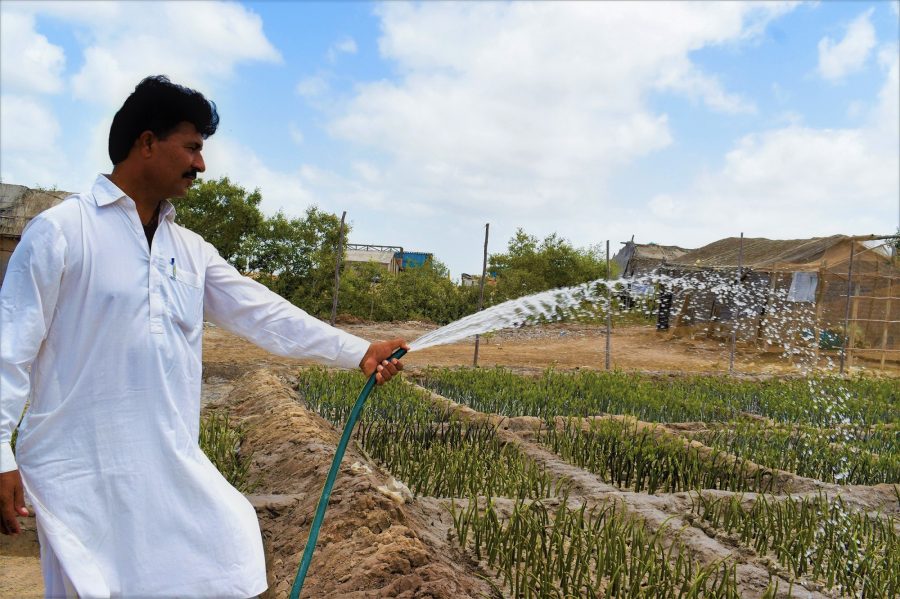Soon, because of the many successes, I was leading the community work and the village elders gave me their blessing to coordinate these conservation initiatives even though I was a young community member. It feels very good to be more empowered as a community, we are happier now. In addition to the economic benefits, we have learned that if you give nature space, it starts to heal itself and take care of us again. If we work together we can protect coastal habitats and our livelihoods.
How can you bring these local solutions to scale?
The mangroves we planted five years ago are now becoming a dense forest, providing a nursery for crabs, fish and razor clams. Protected areas, in my opinion, are the best solution to protect mangroves and other important coastal and marine habitats. Communities have made voluntary commitments to establish no-take zones or temporary closures of fishing grounds; both can contribute to protect important habitats and safeguard our livelihoods. However, for fishing communities to understand the benefits of these measures a massive educational programme is necessary. Connecting with coastal communities in other parts of Pakistan and the rest of the world by sharing experiences and successes could be part of such a programme.
